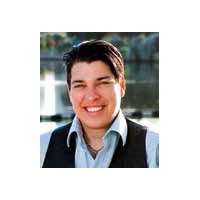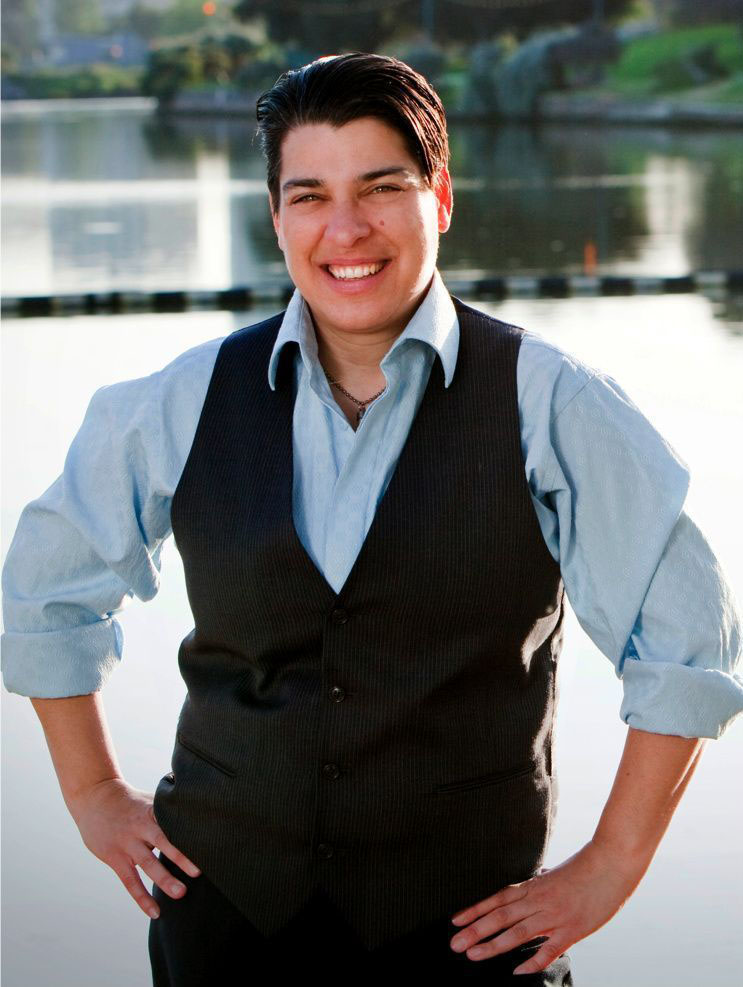Don’t Forget to Rank Your Vote on November 6
 By Rebecca Kaplan, Oakland City Councilmember At-Large–
By Rebecca Kaplan, Oakland City Councilmember At-Large–
We didn’t win the fight for LGBT equality overnight. It took time, education, outreach, activists and lawyers to change not only the laws, but also public perception surrounding the LGBT community.
While we have come a long way, there are still inequities and misperceptions to address. The same holds true for ranked choice voting (RCV), an electoral reform that has stared down misinformation. Let’s be clear: If used properly, ranked choice voting in Oakland can be a win for voters. Jean Quan’s victory in the 2010 mayoral race ( https://www.nytimes.com/2010/11/12/us/politics/12bcvoting.html ) offered a learning opportunity for all of us.
In an Oakland mayoral election, a candidate wins when they have a majority of support from the voters. With less than 34 percent in the first round, the front runner in the aforementioned election simply did not come close to that threshold. Thankfully, under RCV, we could determine these results in one election instead of coming back for a second expensive runoff election.
Ranked choice voting is a 1-2-3 system in which voters rank their top three preferences on the ballot. If no candidate has a majority of votes after the initial tally, the candidate with the fewest votes is eliminated. Those who ranked that candidate as “Number 1” have their ballots counted for their next choice. This instant-runoff continues until a candidate wins with more than half the votes—and a candidate with backing from the widest number of people wins.
This system allows for consolidation to higher-turnout November elections. The 2010 Oakland elections brought 43 percent more voters to the polls compared to 2006, and just 0.3 percent of ballots were invalidated for voting errors. Compare that to the 2012 senate primary, where 4 percent of Oakland voters invalidated their ballots.
It’s not just mayoral races that can benefit from ranked choice voting. According to analysis by the nonpartisan group FairVote ( https://www.fairvoteca.org/ ), more candidates of color and women have won office in Oakland and across the Bay Area since the switch to ranked choice voting.
It’s a far cry from my first council run in 2000, when many of the voters I talked to had never met an openly gay person before, much less considered having one as their councilmember. In fact, three other out candidates will be among the many viewpoints and backgrounds represented on Oakland’s ballot this November.
Let’s prove we can step up and speak out, by turning out at the polls. Show you stand for a more fair and democratic election by casting your ballot on November 6. And you get to vote for a first, second and third choice in one election, thereby helping to strengthen our democracy. In this ranked choice voting election for Mayor of Oakland, I’m voting #1 for Cat Brooks, #2 for Pamela Price and #3 for Saied Karamooz.
Councilmember At-Large Rebecca Kaplan was elected in 2008 to serve as Oakland’s citywide Councilmember; she was re-elected in 2016. She also serves on the Alameda County Transportation Commission (ACTC). Follow Councilmember Kaplan on Twitter @Kaplan4Oakland ( https://twitter.com/Kaplan4Oakland ) and Facebook ( https://www.facebook.com/Kaplan4Oakland/ ).





Recent Comments